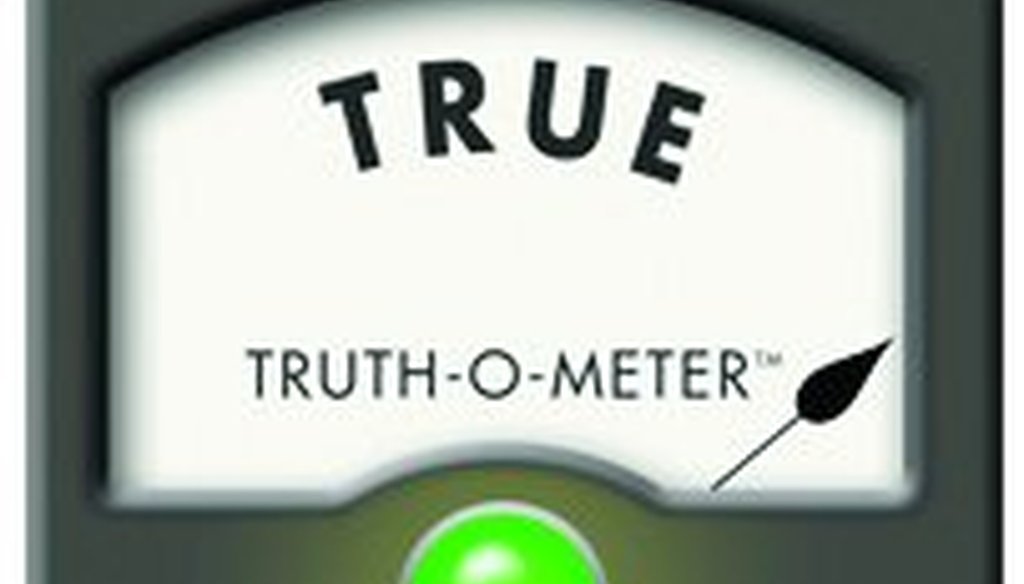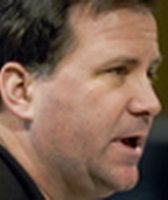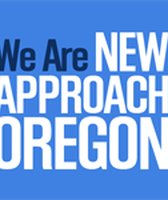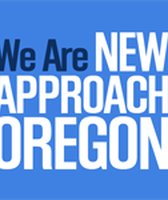Stand up for the facts!
Our only agenda is to publish the truth so you can be an informed participant in democracy.
We need your help.
I would like to contribute

Like a great scotch, the appeal of PolitiFact is in its simplicity.
The 2014 campaign season is in full swing, which means PolitiFact Oregon has a lot of work ahead.
We wanted to take a minute today to provide readers with a quick primer on how we operate – what sorts of claims we’re looking for, how we evaluate those claims and how readers can help us accomplish our goal of fact-checking claims and statements made by elected officials and other prominent public figures.
Full disclosure: We are borrowing heavily from the PolitiFact manual to compile this report.
Traditionally reported stories, for the most part, do not end up taking sides. That, in a nutshell, is where PolitiFact is different. Rather than simply laying out facts on each side and letting readers decide, we dig deeper, examine more sources and draw a conclusion about what’s right.
We rely as much as possible on nonpartisan, unbiased sources and we seek opinions from multiple sources to make sure we’re right. We may not persuade every reader that our conclusion is correct, but our goal is to present, as transparently as possible, how we reached a verdict that we feel is flat-out accurate.
At the same time, we try to keep in mind that politics doesn’t have to as dense as underbrush or so serious we can’t smile as we work. If we aren’t keeping at least some levity in our work, we aren’t doing our job.
Our work starts with choosing the right fact to check. These are likely to come from a speech of a campaign mailing or a video ad. That initial choice is crucial. Make a misstep at the beginning in terms of fact selection and a successful conclusion is almost impossible
So what’s the right fact to check? Needless to say, it can’t be an opinion. We won’t tackle a statement by a Tigard resident who says, "Light rail is a waste of money," any more than we would consider fact-checking a bike advocate from Hillsboro who says, "More money should be spent on bicycle paths."
But if the first person in the above example says, "Tri-Met is spending $5 billion on planning light rail for the Southwest Corridor," well, we’ll likely start rolling up our sleeves.
We also don’t check predictions since future outcomes, unless we spring for the PolitiFact National Crystal Ball, are tough to pinpoint.
If you browse our archives, you’ll see that the following categories emerge fairly often: statistical claims, "he said" claims, poll claims, biographical claims ("I’ve earned 15 doctorates"), and what the bill would do.
A central tenant to our work involves not relying on what a campaign or elected official tells us. If we can’t verify it independently, we’re not going to waste your time with it.
Our goal is to deliver our stories so they are they simply and clearly understood. Our underlying goal is to make politics understandable for people who aren’t political junkies.
OK, now you’ve got a pretty idea of how we work. Time for PolitiFact Oregon readers to pitch in by commenting frequently on our work – helps keep us honest – and tossing our way any political claims that seem in dire need of checking.
We will look for opportunities in upcoming weeks to provide a little more insight into how we work. Meantime, keep those suggestions for fact-checks coming and let’s get to work.
Our Sources
The Oregon Truth-O-Meter Owner's Manual













































